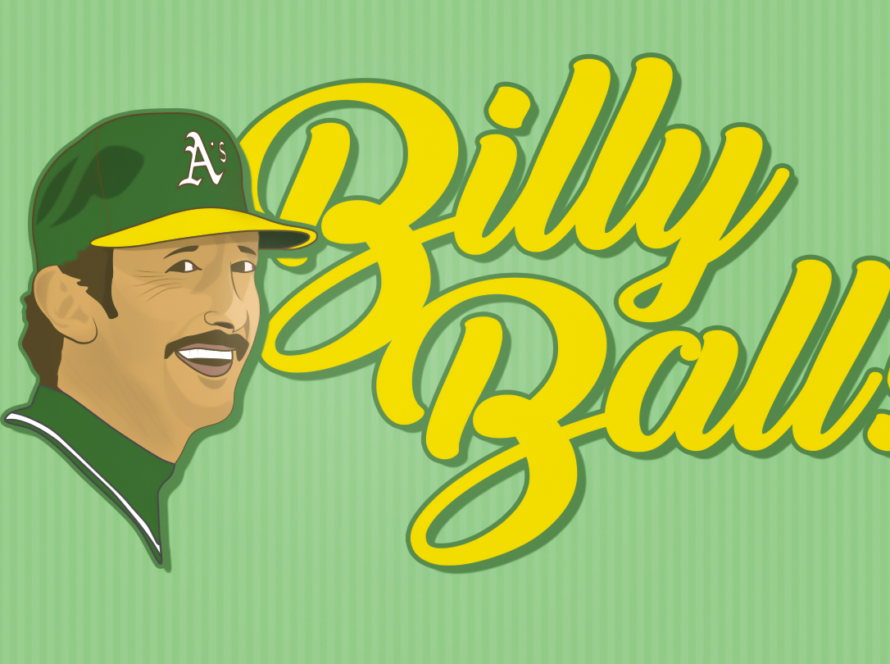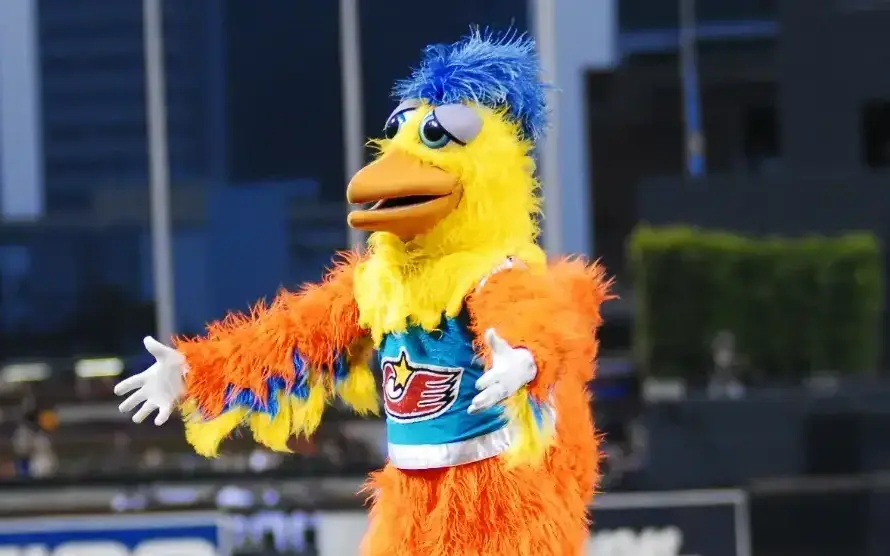The Day Jack Nicklaus Nearly Walked Away from Pro Golf
When you think of Jack Nicklaus, you think of greatness: 18 major titles, 117 professional wins, and a reputation that towers over the game of golf. But what if I told you he almost never went pro?
In 1960, Jack was just a chubby-faced 20-year-old amateur from Columbus, Ohio, going toe-to-toe with the likes of Ben Hogan and Arnold Palmer. And yet, behind the scenes, his father Charlie had doubts—serious ones. Doubts strong enough that Jack nearly stuck with a different path: selling insurance.
Yes, insurance.
This story isn’t a fable or one of those myths that get passed around. It happened. I know, because my father, Jim Burris, was there. He was the publicity director for the 1960 U.S. Open, the very tournament where Jack made his first serious mark on the national stage. What happened that weekend wasn’t just one of golf’s greatest moments. It was a crossroads—for Jack, for golf, and for sports history itself.
Jack Nicklaus Almost Didn’t Play Pro Golf – Here’s Why
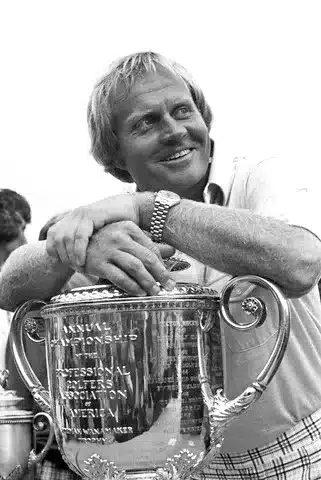
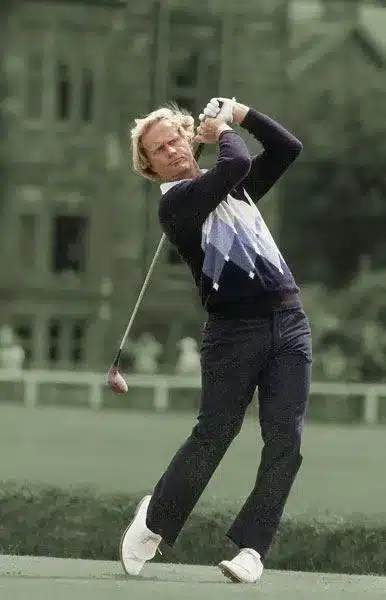
1960 U.S. Open: The Turning Point
The 1960 U.S. Open at Cherry Hills Country Club in Denver is often called the greatest championship ever. Not because of who won (spoiler: it was Arnold Palmer), but because of how the weekend unfolded.
My dad, a former sportswriter, was tasked with writing press releases, managing media access, and making sure the tournament ran smoothly. And that meant rubbing shoulders with legends. Hogan. Palmer. A young amateur named Jack. He saw everything up close.
And so did I, as a kid tagging along with my dad on the course.
Nicklaus Holds His Own With the Giants
Going into Saturday, Jack and Hogan were just two shots behind the leader, Mike Souchak. But no one was talking about Souchak. The buzz was all about Hogan’s age and stamina—and Nicklaus’s potential.
The press said Hogan wouldn’t survive 36 holes in the Colorado heat, due to his lingering injuries from a 1949 car crash. My dad carried that message straight to Hogan himself, who responded with ice-cold confidence:
“You can look it up. Anytime a tournament has forced us to play two rounds in the same day, I have always played the second 18 holes better.”
-Ben Hogan
That quote? My dad made sure it hit every paper in the country. Hogan saw it the next morning, tipped his hat to my dad before teeing off, and delivered one of the most disciplined rounds of his life.
But it was the silent story unfolding in the background that stuck with my father.
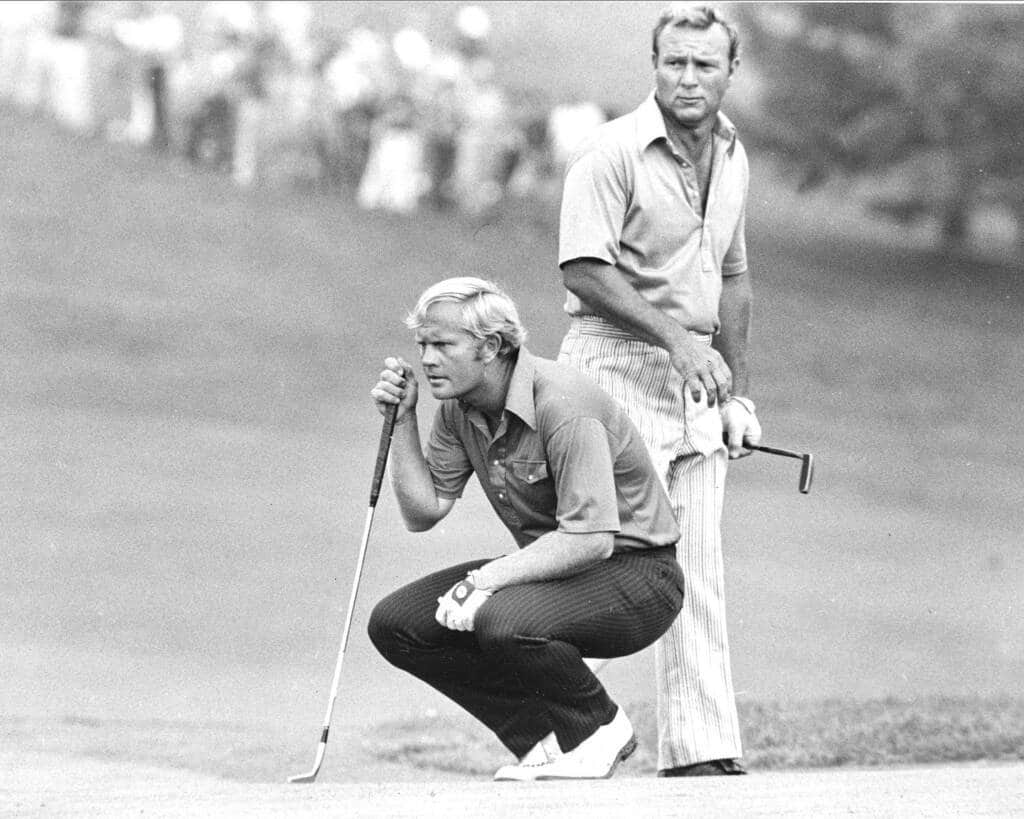
The Conversation That Changed Everything
As Jack and Hogan matched each other shot for shot, my dad turned to Jack’s father, Charlie Nicklaus, and made what seemed like an obvious statement:
“Your son’s going to be a tremendous professional.”
Charlie’s response?
“We’re not sure Jack’s going to play pro.”
Wait—what?
Jack had been selling insurance back in Columbus. Every time he played a round, he’d sign three new clients. It was easy money. Reliable. Safe.
Charlie wasn’t being overly cautious. He was being practical. The PGA Tour back then didn’t offer million-dollar paydays. A successful career in insurance could easily beat out the travel and uncertainty of pro golf.
That hesitation could’ve changed sports forever.
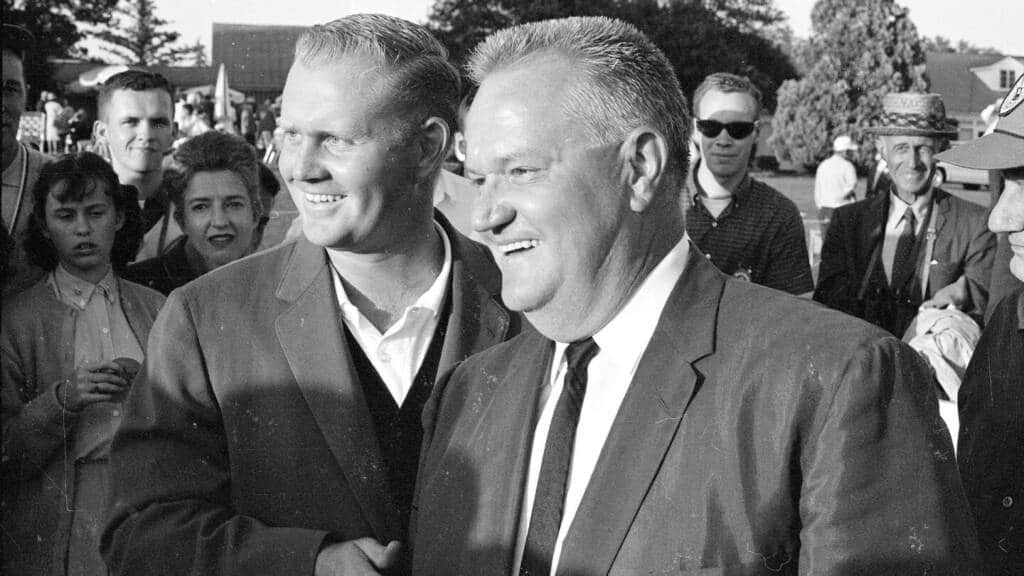
From ‘Maybe’ to ‘Legend’
It took more than raw talent for Jack to go pro. It took the right encouragement. Maybe seeing his son hold his own with Hogan—who, by the way, was refusing to even speak to Jack during their round—was enough to nudge Charlie toward the idea that golf might just work out after all.
Decades later, I found myself trying to get Jack to commit to a senior PGA event I was running in Sarasota, Florida. He wasn’t interested. Why would he be? He’d spent the last 30 years crushing the same guys who now wanted him on the senior tour.
But I had a story to tell him.
Tracking Down The Golden Bear
I tried everything. I called. I wrote letters. I even asked the PGA commissioner to put in a word.
Nothing.
Then I got lucky. A local family named O’Leary had a connection. Their son-in-law? Jack’s son-in-law too—married to Jack’s daughter, Nan.
I reached out. Shared the story about our dads. And right before the deadline to commit, I got the call: Jack was in.
When I finally got to meet him, I told him the story of his dad’s doubts. Jack smiled, gave me a little wink, and said:
“Well, Bob, we made the right decision, didn’t we?”
Yes, Jack. You did.
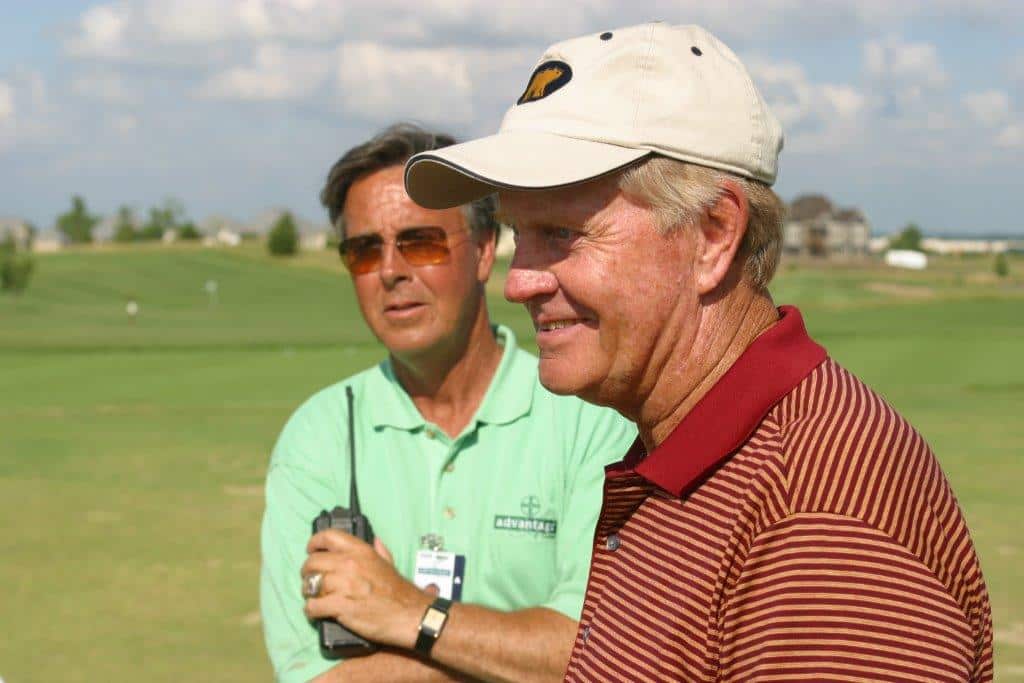
What If Jack Chose Insurance?
It’s wild to think how close we came to losing Jack Nicklaus to a desk job. Without that weekend, without Hogan’s cold stare, and without a tip of the hat to my dad, maybe Jack would’ve stayed in Columbus, selling policies instead of making history.
Instead, he made the leap.
And the game has never been the same.
“I liked the insurance business. But I didn’t love it.”
Jack Nicklaus

FAQ: Jack Nicklaus
Why did Jack Nicklaus consider not going pro?
At the time, Jack was working in the insurance business and doing well financially. His father, Charlie, believed he might earn more selling insurance than pursuing a risky pro golf career.
Who helped convince Jack to turn pro?
There’s no single moment, but being paired with Ben Hogan in the 1960 U.S. Open—and holding his own—likely helped convince his father that Jack had what it took. The respect from sportswriters and figures like Jim Burris also played a part.
When did Jack Nicklaus officially turn professional?
Jack turned pro in late 1961 and won his first major, the U.S. Open, in 1962, beating Arnold Palmer in a playoff.
How did his amateur performance at the 1960 U.S. Open influence his career?
Jack’s performance proved he could compete with legends. He finished second to Palmer, which gave him national recognition and boosted his confidence heading into a pro career.
Where can I learn more about Jack Nicklaus’s early career?
You can read more on the Official Jack Nicklaus Website or check out the USGA’s history archive.
Want More Behind The Scenes Stories?
If you’re interested in more behind-the-scenes stories from sports history, check out my youtube channel or contact us. I also do live speaking engagements, and would love to speak at your event
Just shoot me an email and we’ll discuss it
-Bob Burris



